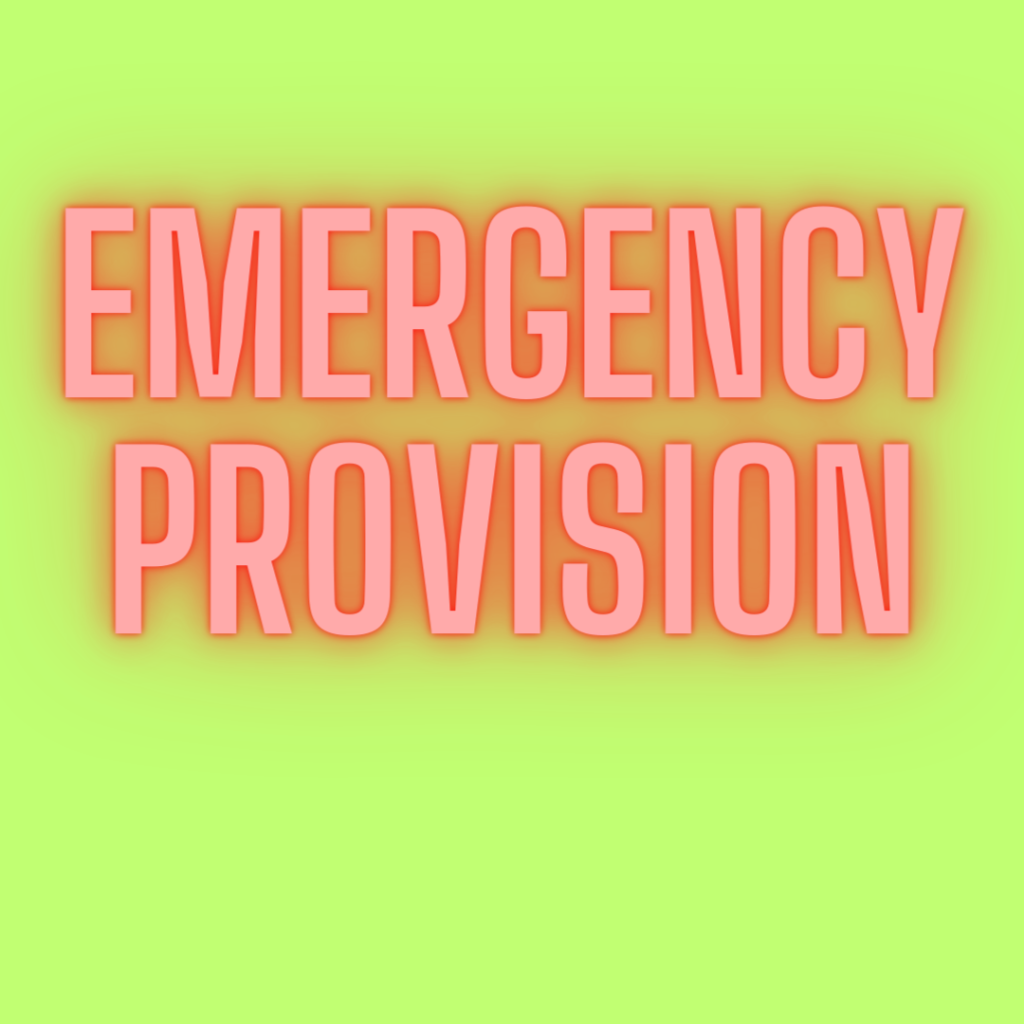
Three types of emergency have been provided in the Indian Constitution – 1. National Emergency 2. President’s Rule 3. Financial Emergency. – National Emergency (Article 352): It is declared by the President on any of the following grounds – 1. War, 2. External aggression and 3. Armed rebellion.
National emergency is declared by the President on the written recommendation of the Cabinet. Proclamation of national emergency can be questioned in the court.
By the 44th Amendment, proclamation under Article 352 can be made in the whole of India or in any part of it.
The state government is not suspended during times of national emergency; Rather, it comes under the complete control of the executive of the union.
The proclamation of emergency made by the President remains in force for one month and if during this time it is approved by two-thirds majority of the Parliament, then it remains in force for six months. Parliament can extend it again for six months at a time.
If the proclamation of emergency is made when the Lok Sabha has been dissolved or the dissolution of the Lok Sabha takes place without the approval of the emergency proclamation within one month, then the emergency proclamation must be approved within 30 days from the date of the first meeting of the Lok Sabha. Must be done, otherwise it will no longer be in force after 30 days. * If the Lok Sabha passes a motion to withdraw the emergency proclamation by a simple majority, then the President must issue the proclamation.
special session of the Lok Sabha to consider the emergency proclamation can be called when written notice is given by 10 members of the total membership of the Lok Sabha to the Speaker of the Lok Sabha, when it is in session, or to the President, when it is not in session. , Is given. The Speaker of the Lok Sabha or the President calls a special session of the Lok Sabha within 14 days of receiving the notice. Effects of proclamation of emergency Whenever emergency is declared under Article 352 of the Constitution, its effects are:
1. The executive power of the state becomes subordinate to the federal executive.
2. The legislative power of the Parliament extends to the subjects included in the State List. That is, the Parliament gets the right to make laws on the subjects mentioned in the State List. Therefore, the normal distribution of legislative powers between the Center and the states is suspended, although the state legislature is not suspended. In short the Constitution becomes unitary instead of federal. Laws made by Parliament on state subjects during the Emergency remain in effect for six months after the end of the Emergency.
When a proclamation of national emergency is in force, the President can modify the constitutional distribution of taxes between the Center and the States. This means that the President can reduce or eliminate the money (finance) given to the states from the Centre. Such amendments continue till the end of the financial year in which the emergency ends.
4.In case of national emergency, the tenure of the Lok Sabha can be extended by Parliament by making a law beyond its normal tenure (5 years) for one year at a time (for any number of years). But this extension cannot exceed six months after the end of the emergency. For example, the tenure of the fifth Lok Sabha (1971–77) was extended twice by one year at a time.
5.Articles 358 and 359 describe the impact on fundamental rights during national emergency. Article 358 deals with the suspension of the fundamental rights granted by Article 19, while Article 359 deals with the suspension of other fundamental rights (except the rights granted by Articles 20 and 21).
It was declared on the basis of AAP and not on the basis of armed rebellion. Secondly, only those laws which are related to emergency cannot be challenged and the executive decisions given under such laws also cannot be challenged.
Suspension of other fundamental rights Article 359 authorizes the President to suspend the right to go to court to enforce fundamental rights during an emergency. Therefore, under Section 359, not the fundamental rights but their implementation is suspended. In reality these rights survive only if the remedies under them are suspended. This suspension is related to the same fundamental rights which are mentioned in the President’s order. When the President’s order remains in effect, the state can make any law or take executive steps to stop or remove that fundamental right. No such law or act can be challenged on the ground that it is inconsistent with the fundamental right concerned. Legislative and executive actions taken under the influence of this law cannot be challenged after the expiry of the order.
The 44th Constitutional Amendment Act 1978 imposes two restrictions in the area of Article 359. First, the President cannot suspend the right to approach the court to enforce the rights given under Articles 20 and 21. That is, the right to protection in relation to conviction for a crime (Article 20) and the right to life and personal liberty (Article 21), remain effective even during emergency. Second, only those laws are protected from challenge which are related to emergency, not those laws and acts which are made under them.
I hope you like my blog and thanks so much please leave me comments.
